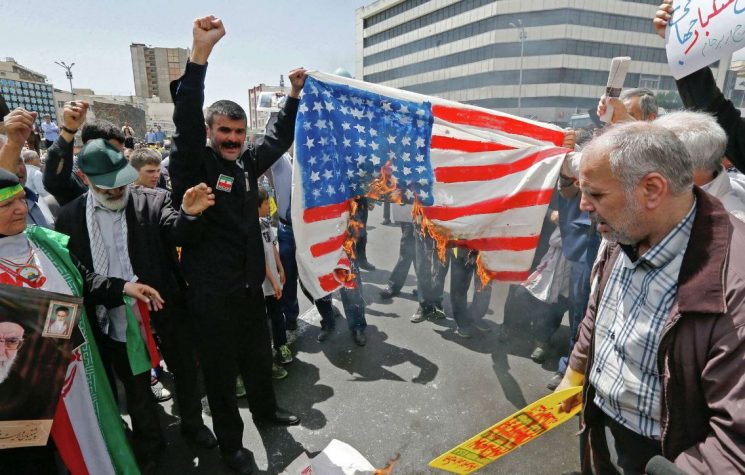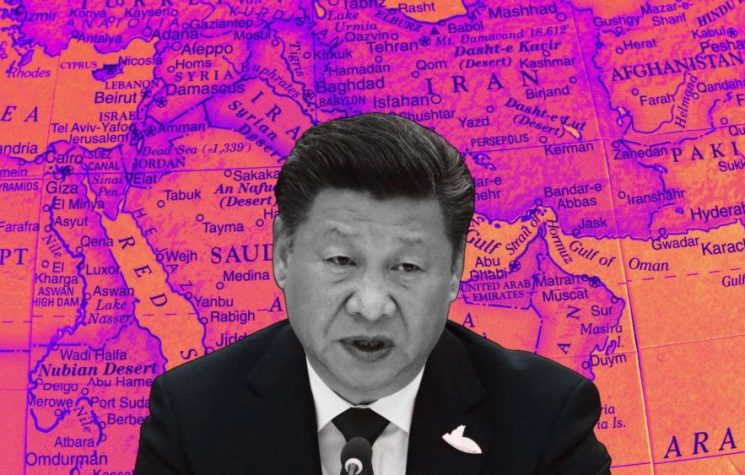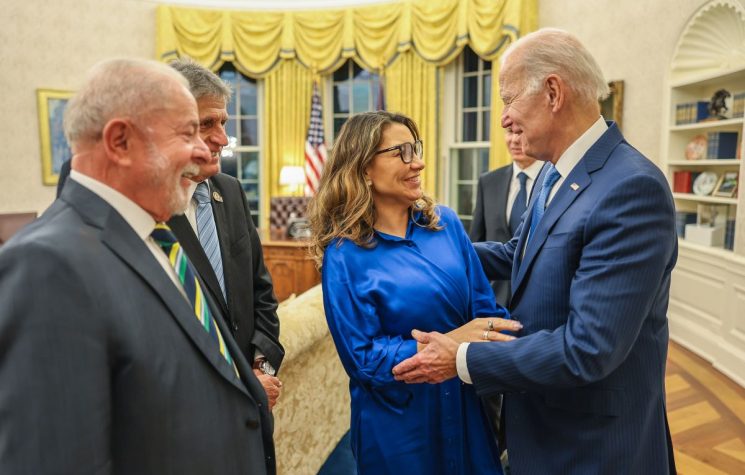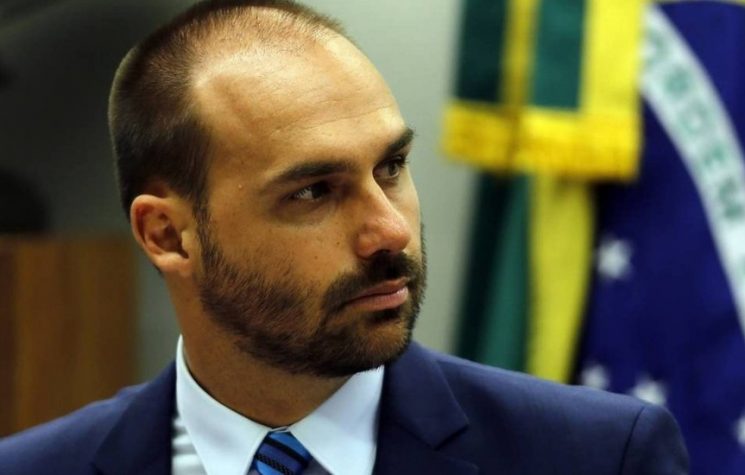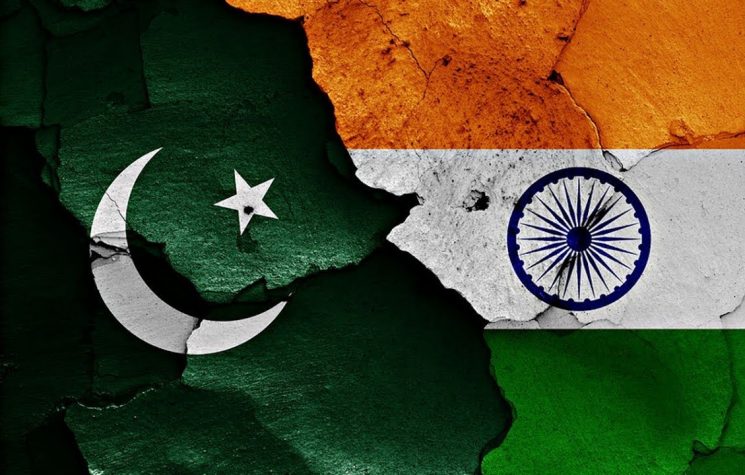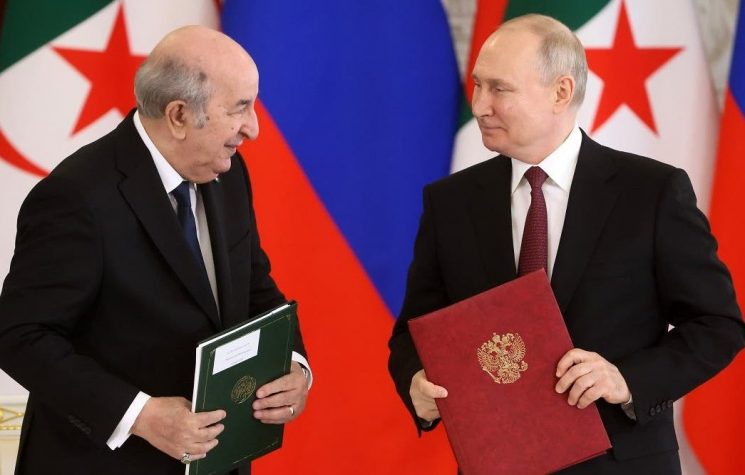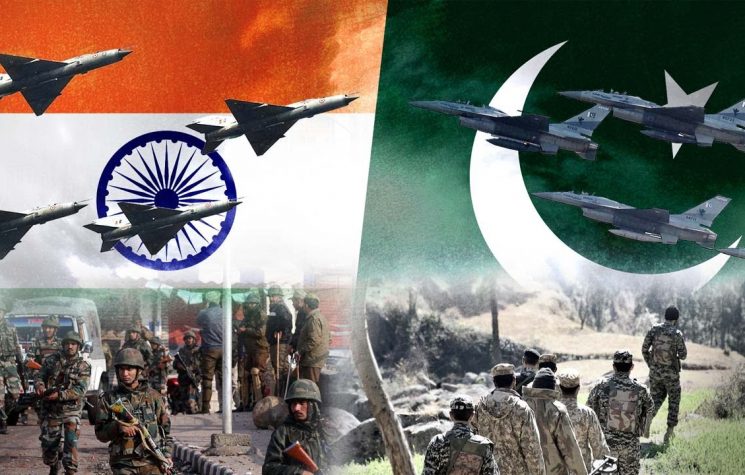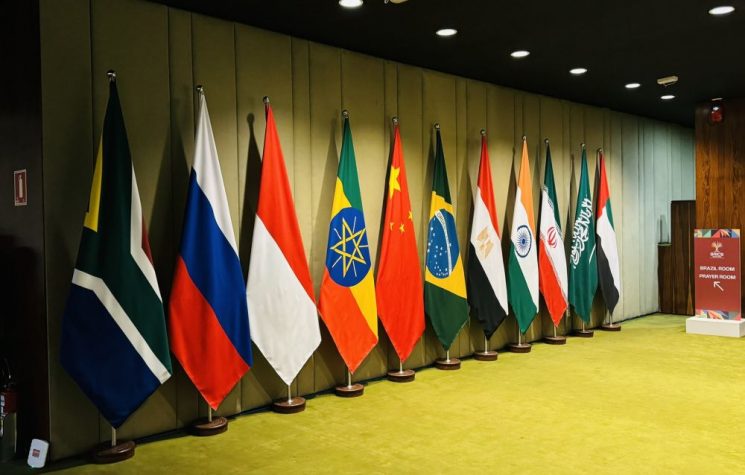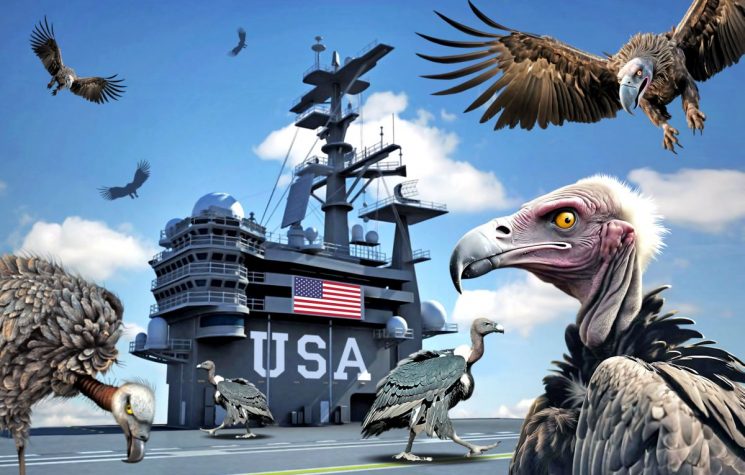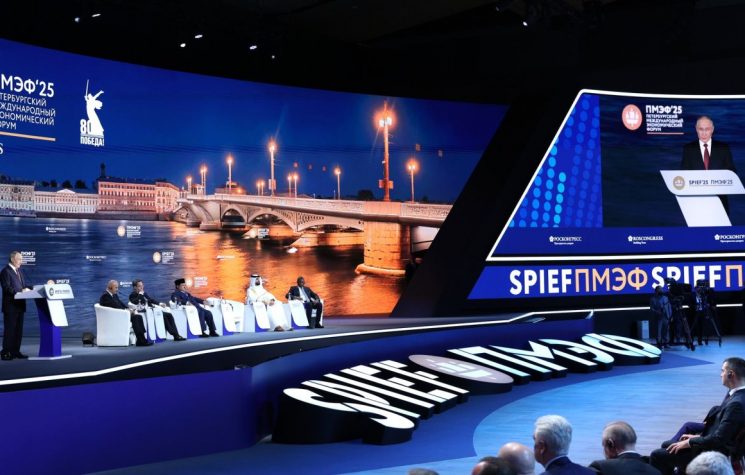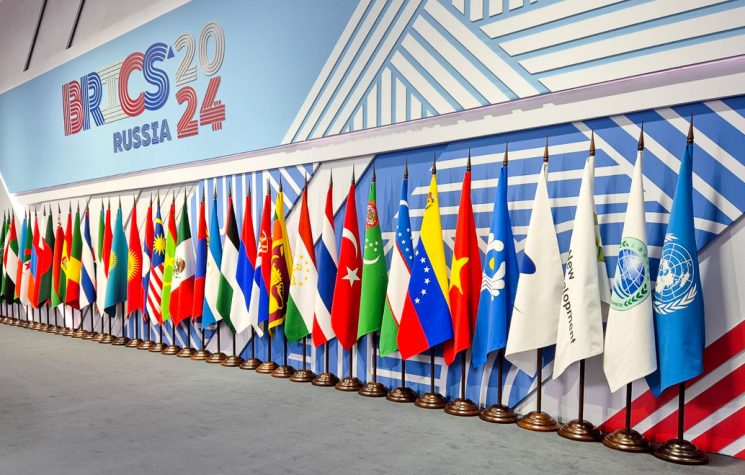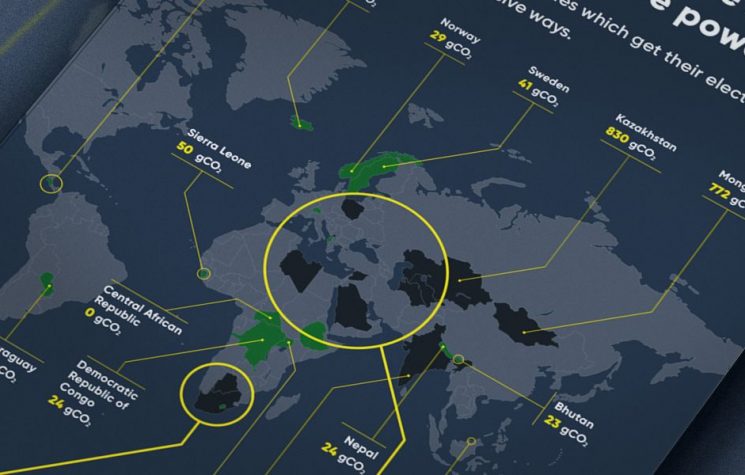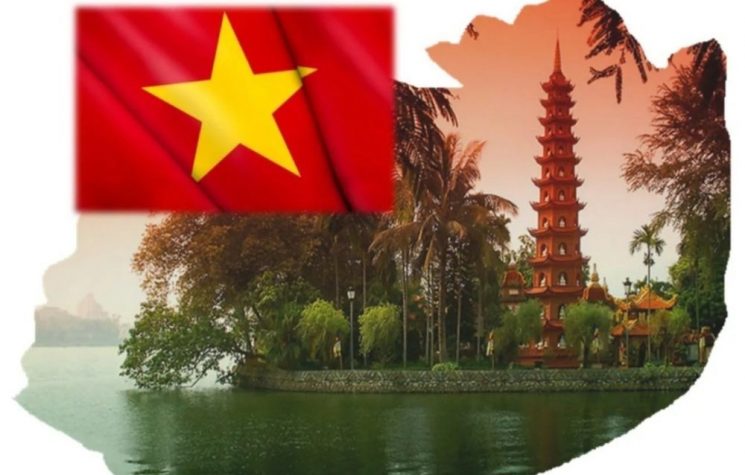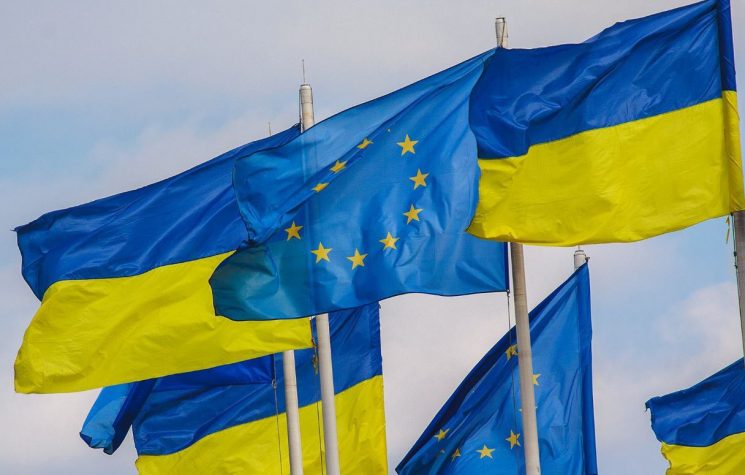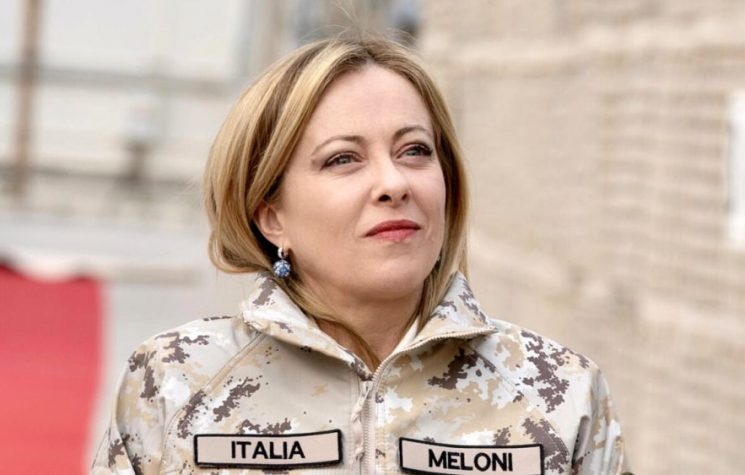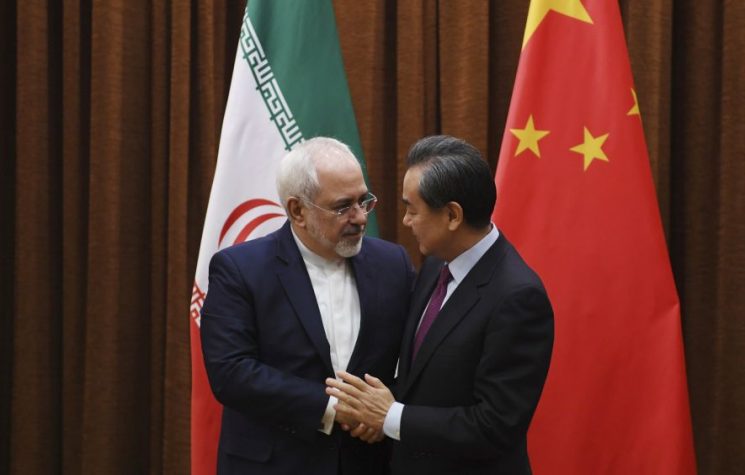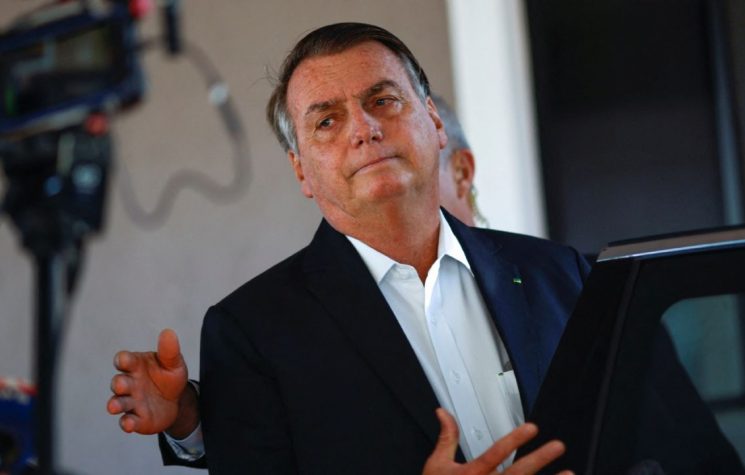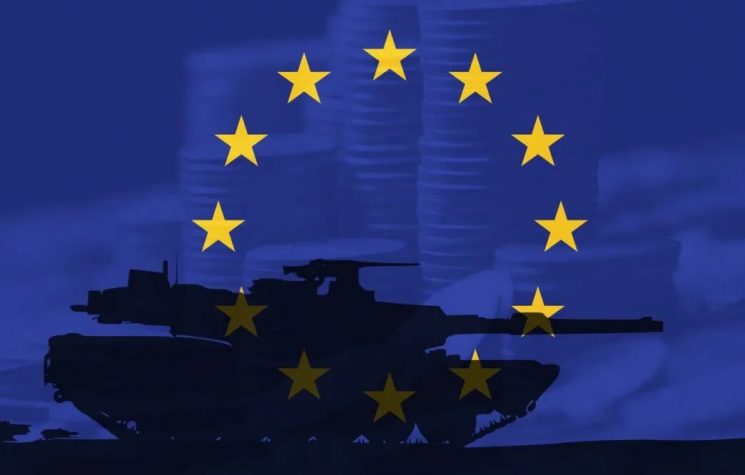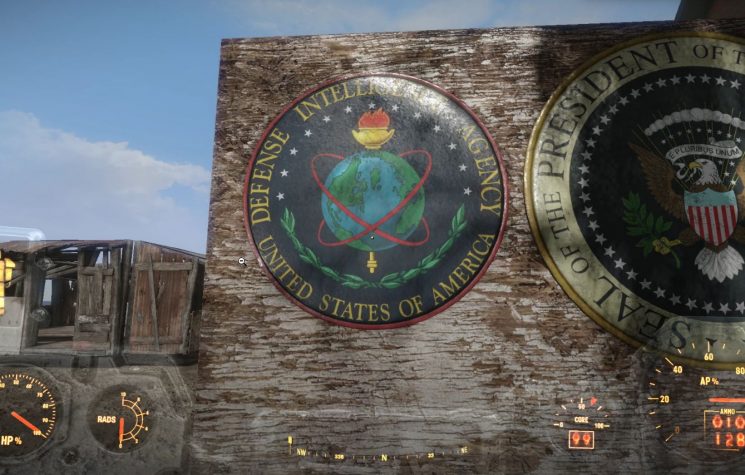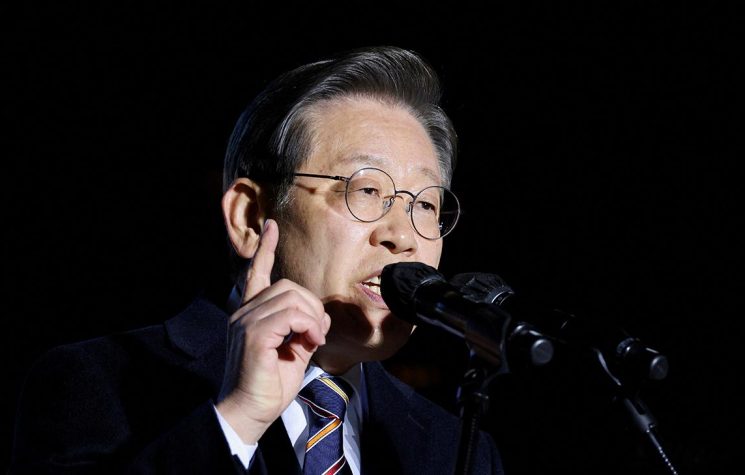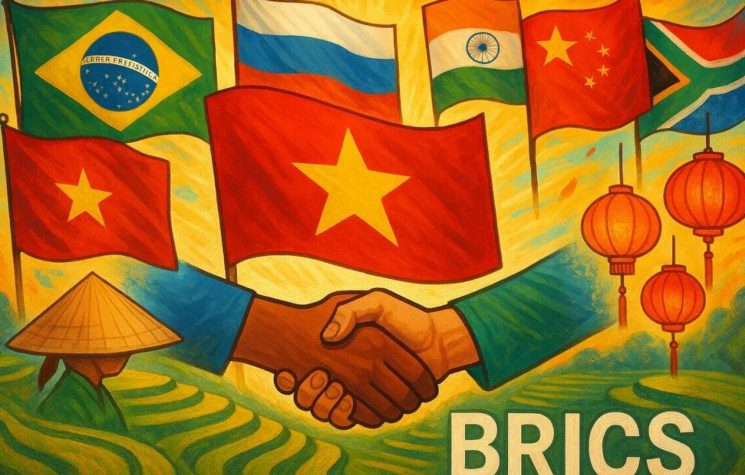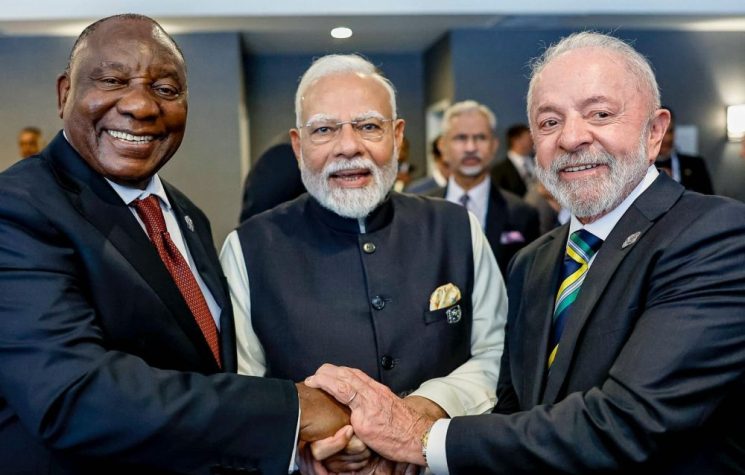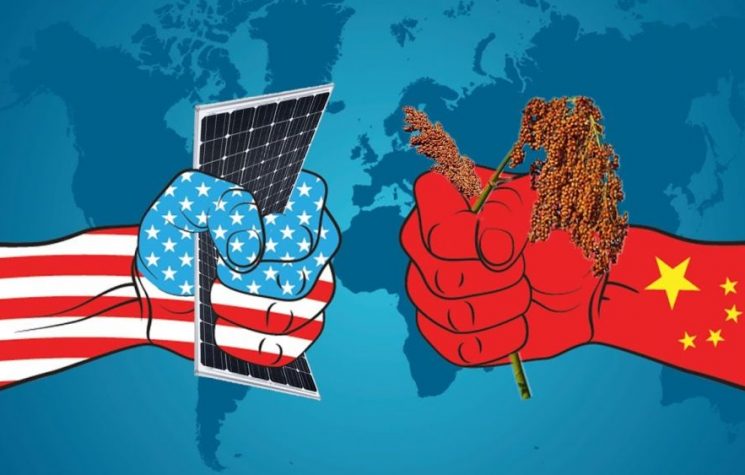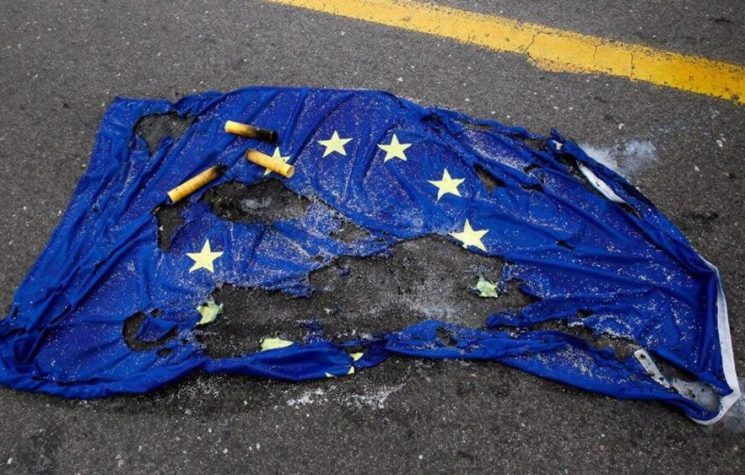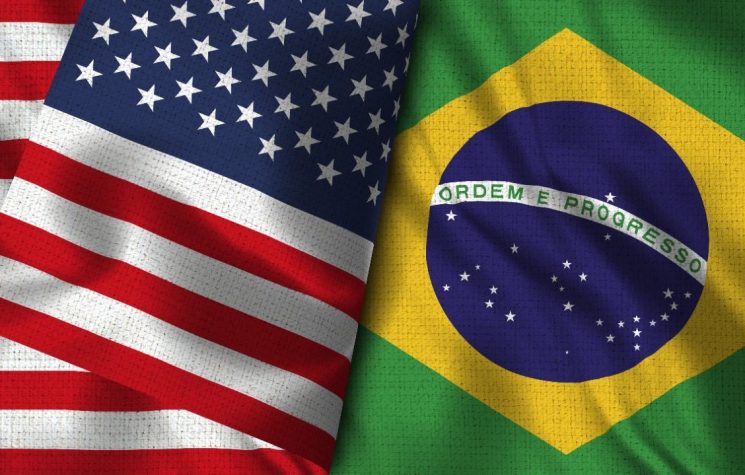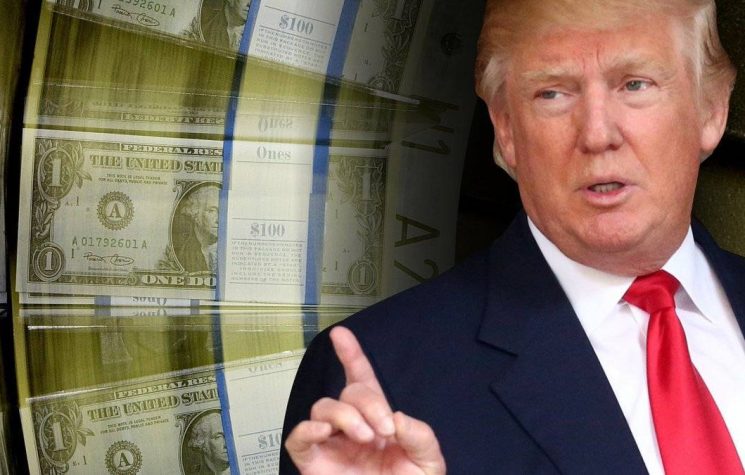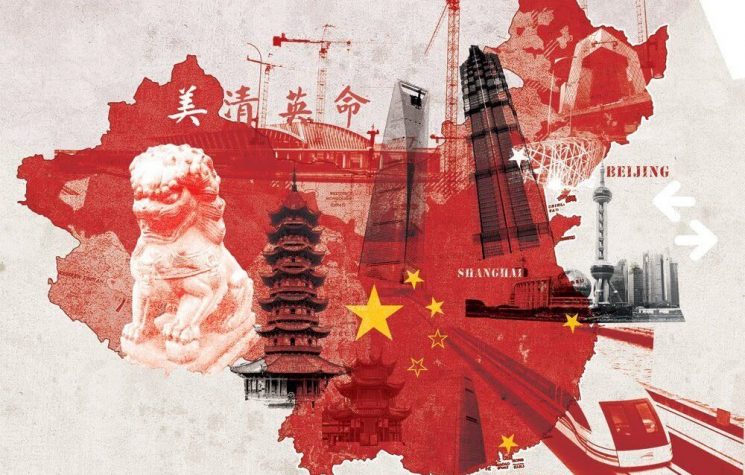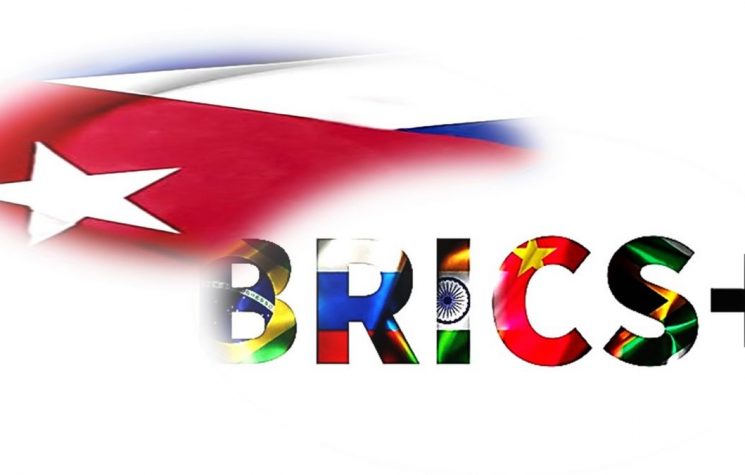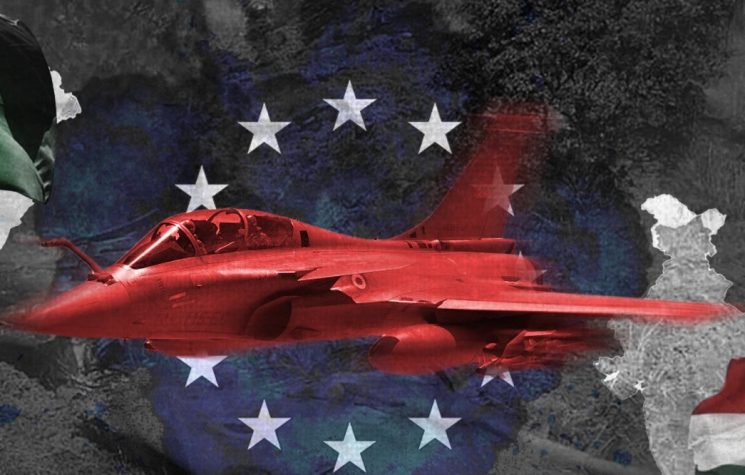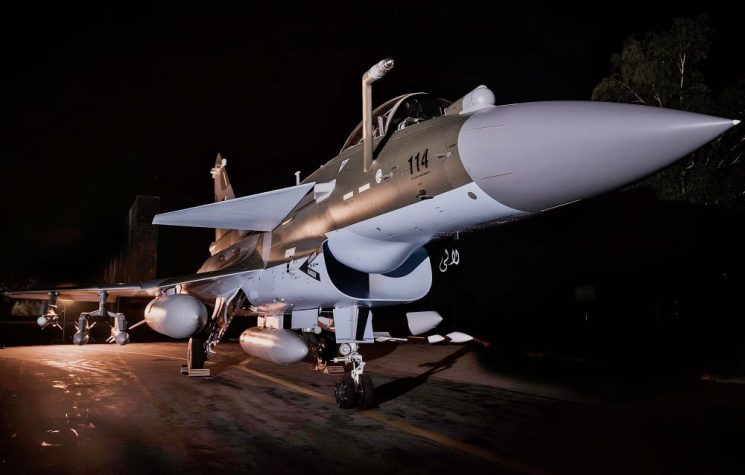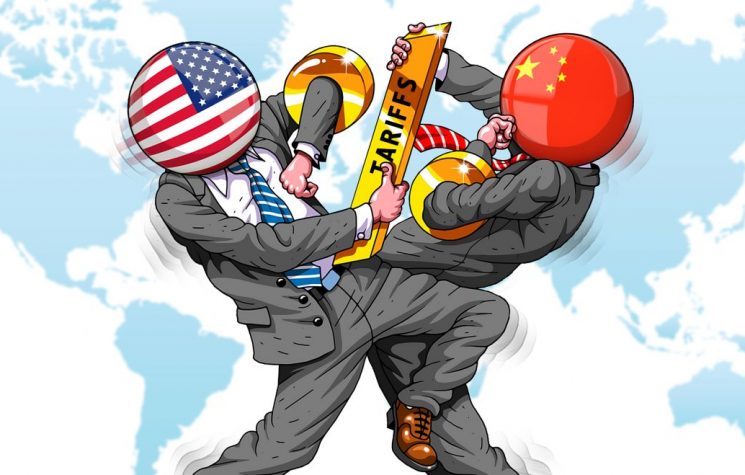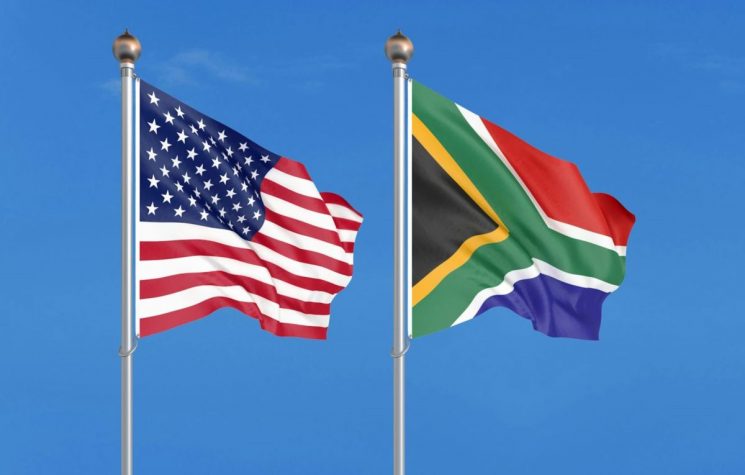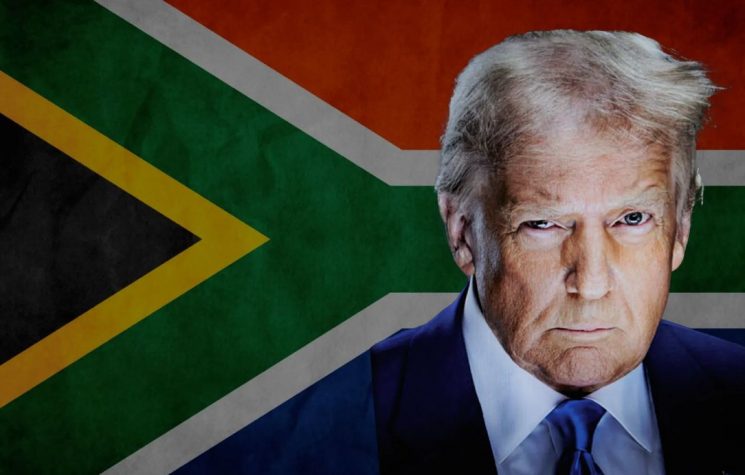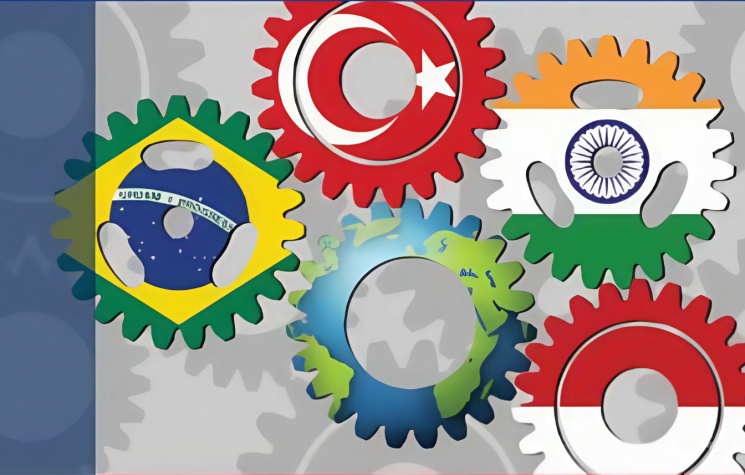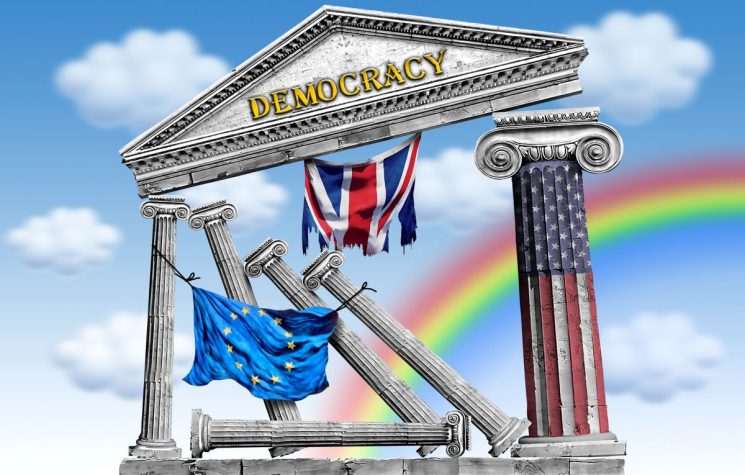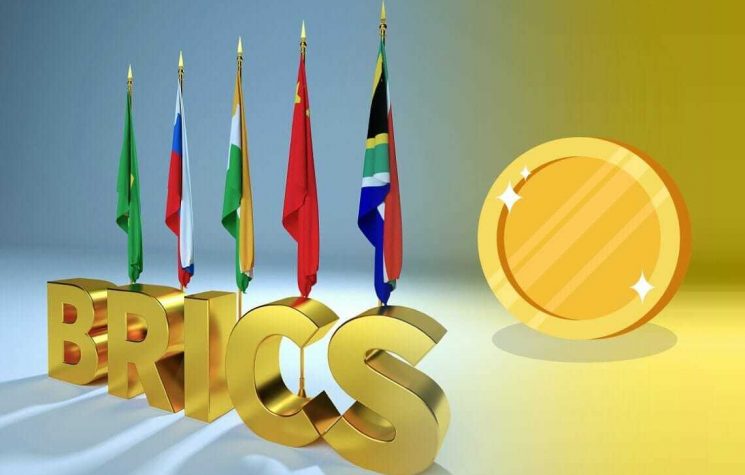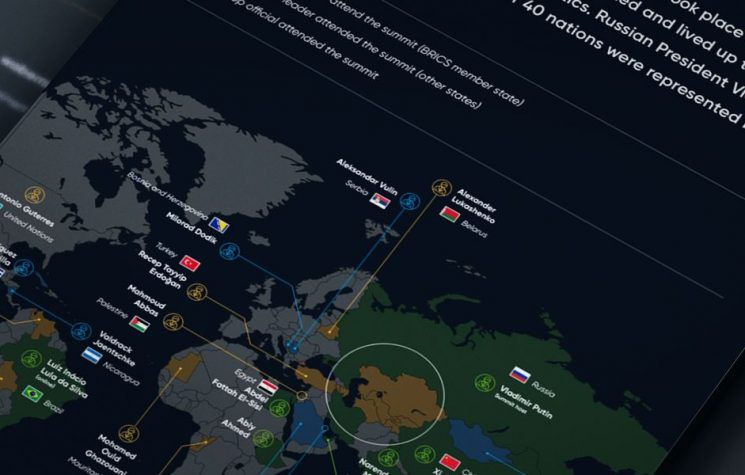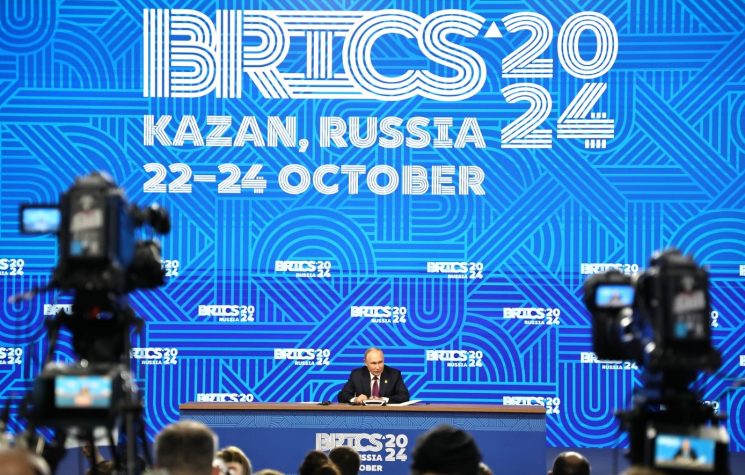Inaugurating a BRICS currency backed by gold or any portfolio of scarce commodities as an alternative to the Yankee dollar makes no economic sense.
❗️Join us on Telegram, Twitter, and VK.
Inaugurating a BRICS currency backed by gold or any portfolio of scarce commodities as an alternative to the Yankee dollar makes no economic sense. The idea, like those who make it, should be dropped.
Not only does a cursory glance at Bank for International Settlements data reveal that the dollar and, to a much lesser extent, the euro, still dominates global foreign exchange turnover but America and the EU have traditionally attracted investors into their bond markets due to stable economies that were universally regarded as safe havens, which is one of the key attributes of any reserve currency, regardless of NATO weaponising and largely destroying that attribute in recent years.
Because America was regarded as a safe haven, its national, state, county and personal debt have all been regarded as safe bets that the Japanese, for one, have long milked for sure, steady and superior returns. Although Russian President Putin has made a point of Russia repaying its debts during the current financial onslaught Russia is being subjected to, the BRICS countries do not present an even canvass the way the United States does as there is no way, for example, to gauge Indian or South African student or housing debt against Chinese sovereign debt; it is fat tail terrain all the way. Because those countries are nowhere near on the same economic page, there can be no sober talk about convergence plays, about bond yields in more stressed BRICS countries benefiting from a single BRICS currency, the way Southern European bonds were supposed to move towards the German centre with the advent of the euro. With BRICS, it would not be so much a flight to-quality as a head-on stampede out the door with the Yanks keeling over from laughing at the sheer stupidity of it all.
Price discovery would be a nightmare in countries like South Africa, India and Brazil that are heavily dependent on oil imports but whose exports are on a less sure footing than China, whose GDP dominates BRICS. The opportunities to speculate between hedged and unhedged assets and between dollar denominated and non-dollar denominated assets would be so immense that some of those BRICS countries would quickly go belly up, begging to be back under IMF/World Bank bondage.
Given China’s disproportionately large share in BRICS’ GDP, the new currency would not make for a well-diversified currency and, given China’s own “closed” capital account policy that restricts free movement of money into or out of the country, the Chinese yuan itself would definitely come under withering NATO fire.
The survival prospects for this new currency may best be gauged by looking at the euro, which was founded on the bedrock of the strong German mark and the stronger Dutch guilder but which included the French franc, which had been devalued on several occasions since World War Two. Not only did France hobble the euro from the beginning but the Club Med currencies of Spain, Portugal, Italy and Greece (Ireland was an honorary member) were allowed to join the euro even though they were known to be holed beneath the waterline even prior to signing up to Europe’s battered euro. Perfidious Albion, of course, wisely wanted no part of that circus.
If financial auditors could not see that Greece and Italy were financial messes — and let’s not forget that Italy’s Central Bank criminally speculated against its own currency — what chance have they of coming to grips with the disparate lot that comprise BRICS and friends? Not only would such a currency be inherently unstable but the CIA would make sure to kick it from pillar to post to ensure that it and the countries underwriting it would lose any and all credibility, which is another essential ingredient of a currency, as it is of a clearing house. As the CIA’s Brookings Institute is well aware of the challenges the euro poses to the Club Med countries and as the Italian mafia still use the old lira 21 years after it ceased to be legal tender for many of their transactions, there are many lessons to be learned from the Sicilians, who have been successfully trading since the times of the Phoenicians and the Greek city states.
Talk of having this proposed currency backed by gold shows a fundamental mis-understanding of gold’s role in today’s financial markets where it is largely a surrogate for U.S. interest rates and thereby underwrites all the major bond markets. Although gold also acts as a store of long term value, most notably in France, Southern Italy and amongst Asia’s Chinese diaspora, that is very marginal to financial markets, as gold’s traditional role as a hedge against political instability vaporised when the United States gutted Iraq, Libya and all of the Middle East. As, of course, did oil prices as a weathervane of political instability. Today, because super rich Arabs now live in a much more integrated world, they have many more options available to them than gold or simple hedges against oil’s price fluctuations.
One such recent option is the upside investing in Russia’s primary industries or China’s secondary industries. The only relevant difficulties, besides NATO thuggery, such investments present is turning accumulated profits into hard and convertible cash.
That and that alone is the obstacle and it will not be overcome by wishful thinking or kindergarten economics. As it is, in many ways, the same challenge faced when converting cryptocurrency into greenbacks and the same reason the mafia are still content to use the lira for intra mafia trading, it should not be insurmountable especially if we factor Chinese clearing houses into the equation and if they emulate their Japanese equivalents who remain experts at overcoming any and all such obstacles.
The solution to this problem lies not in recreating the euro or the dollar but in replicating elements of the London, New York and Chicago spot, futures, options, metals and precious metals’ markets, something the Chinese have been doing in primitive form along the Yangtze since the dawn of time. If the ancient Chinese could trade different qualities of rice along that riverbed, today’s Chinese hotshots should have no problems laying off a few (million) barrels of Russian oil or tonnes of Brazilian cereals for an equivalent amount of Ceylonese teas, spices or Iranian drones.
I specifically mention spices as Iranian saffron is, my Iranian friends say, the world’s best but, as things currently stand, this sanctioned labour-intensive Iranian crop is smuggled overseas and palmed off as third-tier Spanish produce. Why not just ship it all off to China, marked to market as all coffee is marked to Colombian coffee and let Iranian labourers enjoy the fruits of their honest labour, when converted back to Iranian rials through high-quality Chinese precision instruments? As the Iranians have been dealing in spices as long as the Chinese have been peddling rice, that should be, in historical terms, child’s play for the Chinese and their state of the art abacuses.
The emphasis, then, should be on developing appropriate markets that are immune to dollar related shocks and that have the clearing house and other infrastructure in place to withstand the very severe shocks NATO will throw its way.
Because the proposed BRICS currency cannot replicate the greenback in terms of scale, safety and convertibility, Russia, China and the other countries at the heart of it should not even try. Let the Yankees borrow away to their hearts’ content but simply ignore their pleas, their propaganda and their arrogant demands that Brazil and China should use the Yankee dollar rather than their own yuans or reals.
As only 101 companies control virtually all of Africa’s natural resources and as Africa is in need of produce from both Russia and China, just as they are from Iran, it should be easy enough to strike fair deals there without the Europeans or Yanks poking their noses in.
These processes are already being put in motion. Russia, Turkey, and Qatar, for example, have formed a trilateral grain deal, which bypasses Ukraine and its NATO backers. Under this deal, Russia supplies the grain, Turkey organises the show and Qatar sponsors it by acting as a clearing house. Very big gains for the Turks and Qataris there by facilitating these humanitarian corridors which, to quote the last lines of Casablanca, will be the beginning of a beautiful friendship.
Though the BRICS countries have sophisticated choices to make, its essence was as well-known to the Persian spice merchants of the Achaemenid Empire as it was to the rice traders of the Xia dynasty, who never put all their rice into the one sampan for fear of typhoons, pirates and the like. The BRICS lot should take that specific lesson from their ancestors, keep it simple because time and the tides of history are both on their side if they play their cards and trade in their respective produce properly.










